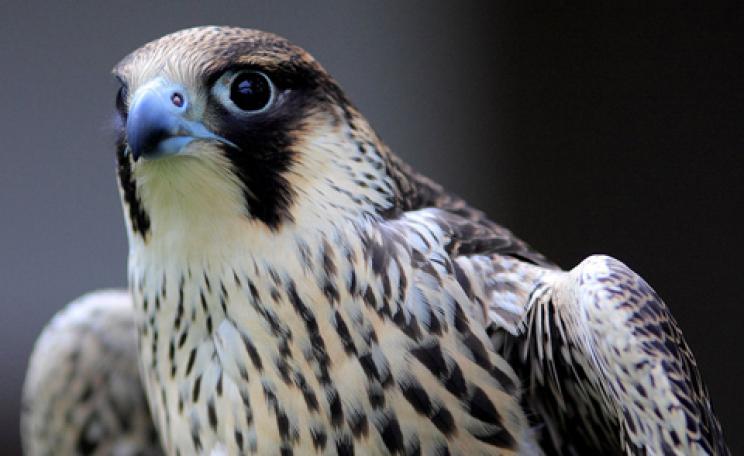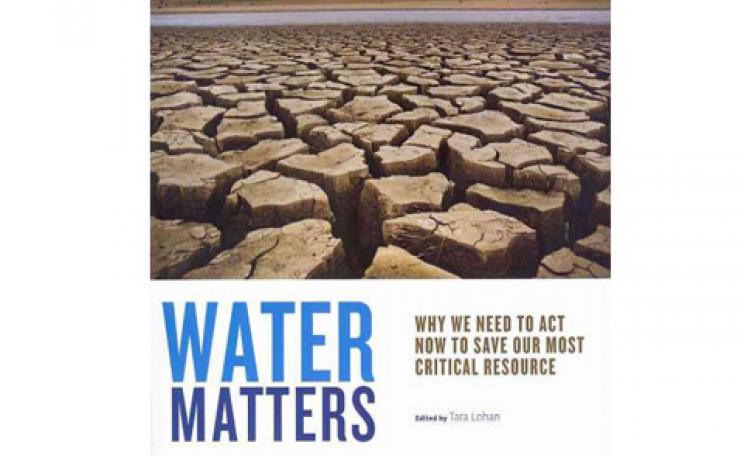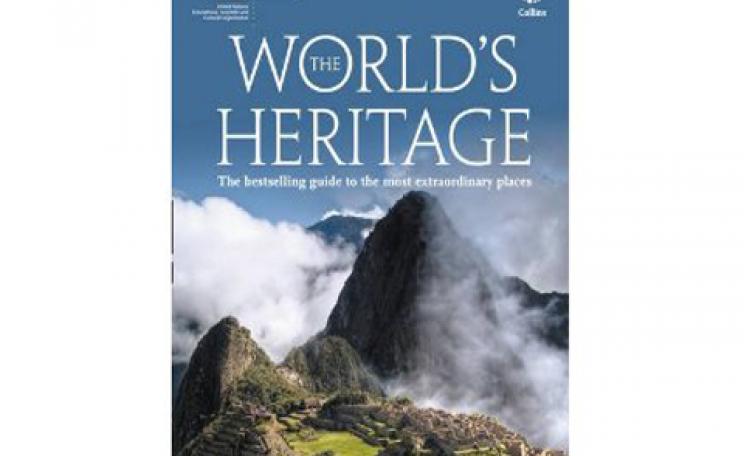In a world where we face innumerable threats on a daily basis, our typical response is to put our faith in governments, bureaucracy and big organisations. But are we really doing the right thing? Ecologist and security expert Rafe Sagarin would say not. Rather, he suggests, instead of pouring our resources into planning, predicting and preventing disasters from occurring again, we should look at the way nature has dealt with uncertainty over the past 3.5 billion years.
In Learning from the Octopus, different scenarios and the effectiveness of human actions is discussed and compared with similar responses found in nature, with a particular focus on the octopus. ‘Octopuses learn not only how to survive, but thrive, in almost any environment,’ writes Sagarin. The army is a key focus for the book and the institutionalised methods implemented by ‘experts’ far removed from the action come under heavy critical fire. Government agencies are derided as having little or no knowledge of how to be adaptable, whereas individuals have an innate ability. So why then, Sagarin ponders, does centralised control reign supreme? Looking at the behaviour of US agencies during the wars in Iraq and Afghanistan, Sagarin reproaches the army for not teaching and promoting adaptability, which he views as an essential skill when fighting a constantly changing and non-traditional opponent. Like animals that are so attuned to their surroundings that they can sense an approaching tsunami, soldiers need to be able to sense threat and respond quickly.
Sagarin also deals with the problems facing homeland security and the ineffective response of the US government agencies to major events such as the 9/11 attacks and Hurricane Katrina. There is a tendency to be simply reactive to events rather than using them as a learning process. After the 9/11 attacks, numerous security measures – such as banning liquids on planes – were initiated to prevent the same thing from happening; measures that, according to Sagarin, were redundant. Terrorists, in stark contrast to US agencies, are much more adaptable; they utilise the element of surprise and are unlikely to repeat methods. By publicising defensive protocol, life becomes less uncertain for adversaries. Sagarin sees organisations as preoccupied with learning solely from mistakes, which means that a disaster must have already occurred for lessons to be learnt. He argues that it would be far more constructive to learn from successes. He cites the exemplary actions of Coast Guard individuals that prevented an oil spill after Hurricane Katrina, suggesting that if they had been better recognised, the Deepwater Horizon oil spill might not have created as much destruction.
Learning from the Octopus raises interesting points about the way we respond to the ever-present risk of danger, yet it is more of an intellectual thesis than a practical guide. Still, Sagarin is right that we shouldn’t be looking to find an all-encompassing security system because it will always render us vulnerable to an enemy that can learn and change its attack. To put it succinctly: ‘It’s about finding simple processes that impart our security systems with the adaptability necessary to deal with a wide range of threats.’ And if that’s what the octopus is teaching, it might just be worth paying attention.
Learning from the Octopus by Rafe Sagarin (£17.99, Basic Books) is available from Amazon
| READ MORE... | |
 |
REVIEW The Peregrine A masterpiece of nature writing, J.A. Baker’s ‘The Peregrine’ is well worth revisiting, says Mark Newton, not just for the prose but also to help us re-engage with the natural world |
 |
REVIEW Let Them Eat Shrimp: The Tragic Disappearance of the Rainforests of the Sea Mangroves are the unsung heroes of the biosphere, says Kennedy Warne in his comprehensive study. So why are we so ready to rip them up in pursuit of tropical golf courses and all-you-can-eat shrimp? |
 |
REVIEW The Great Animal Orchestra: Finding the Origins of Music in the World's Wild Places Bernie Krause has spent a lifetime recording the sonics of nature. But, as Laurie Tuffrey finds, his quest to record the elusive sound of the wild finds practical application in conservation |
 |
REVIEW The World’s Heritage Championing conservation and shining a spotlight on some of the planet’s most iconic places, UNESCO's latest tome, The World’s Heritage, is an inspiring read, says Ruth Styles |
 |
REVIEW Arctic: Treasure of the North Authors Bernd Römmelt and Thomas Henningsen have captured the Arctic’s stunning beauty and documented the struggle to survive in the face of climate change, says Priyanka Mogul |








